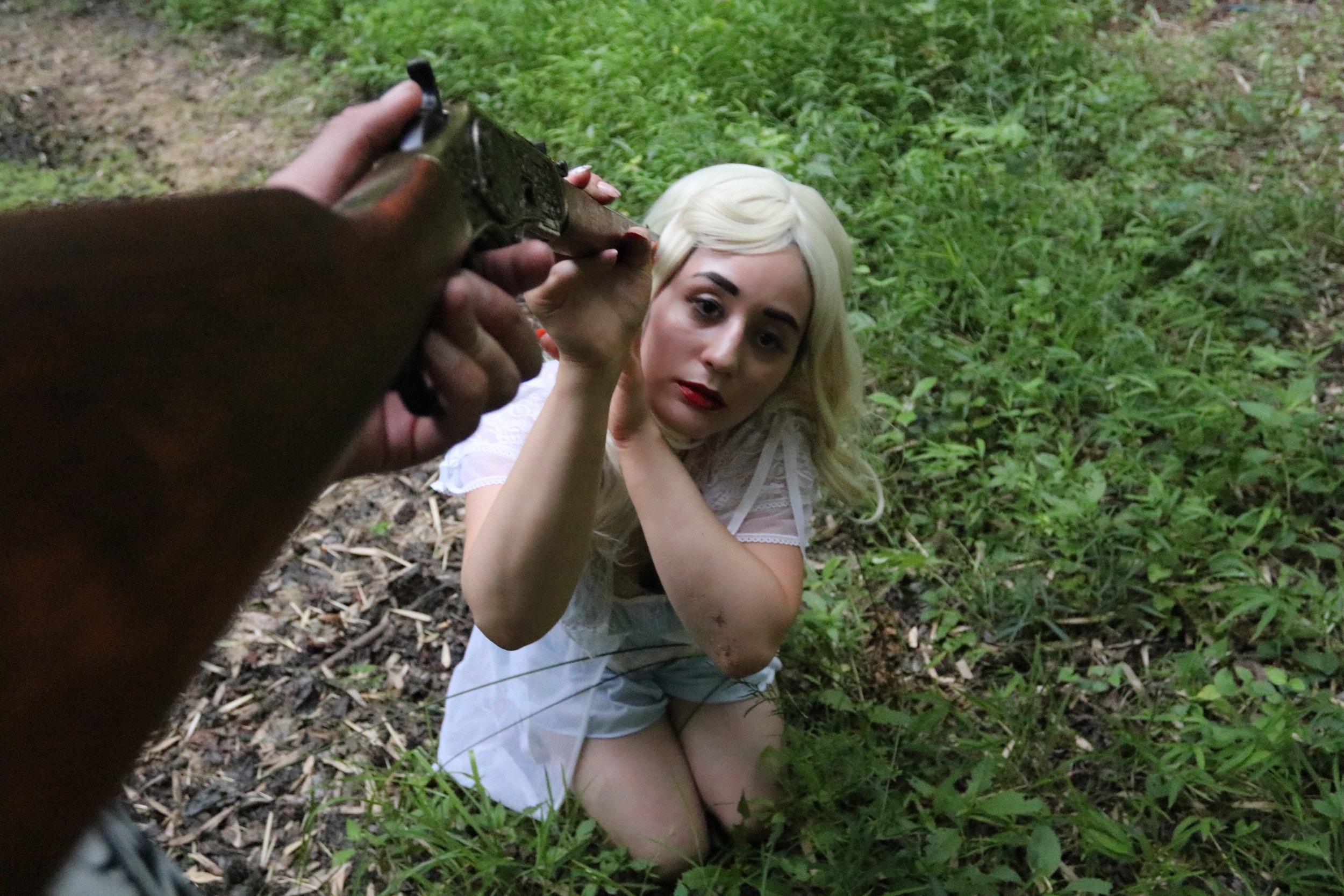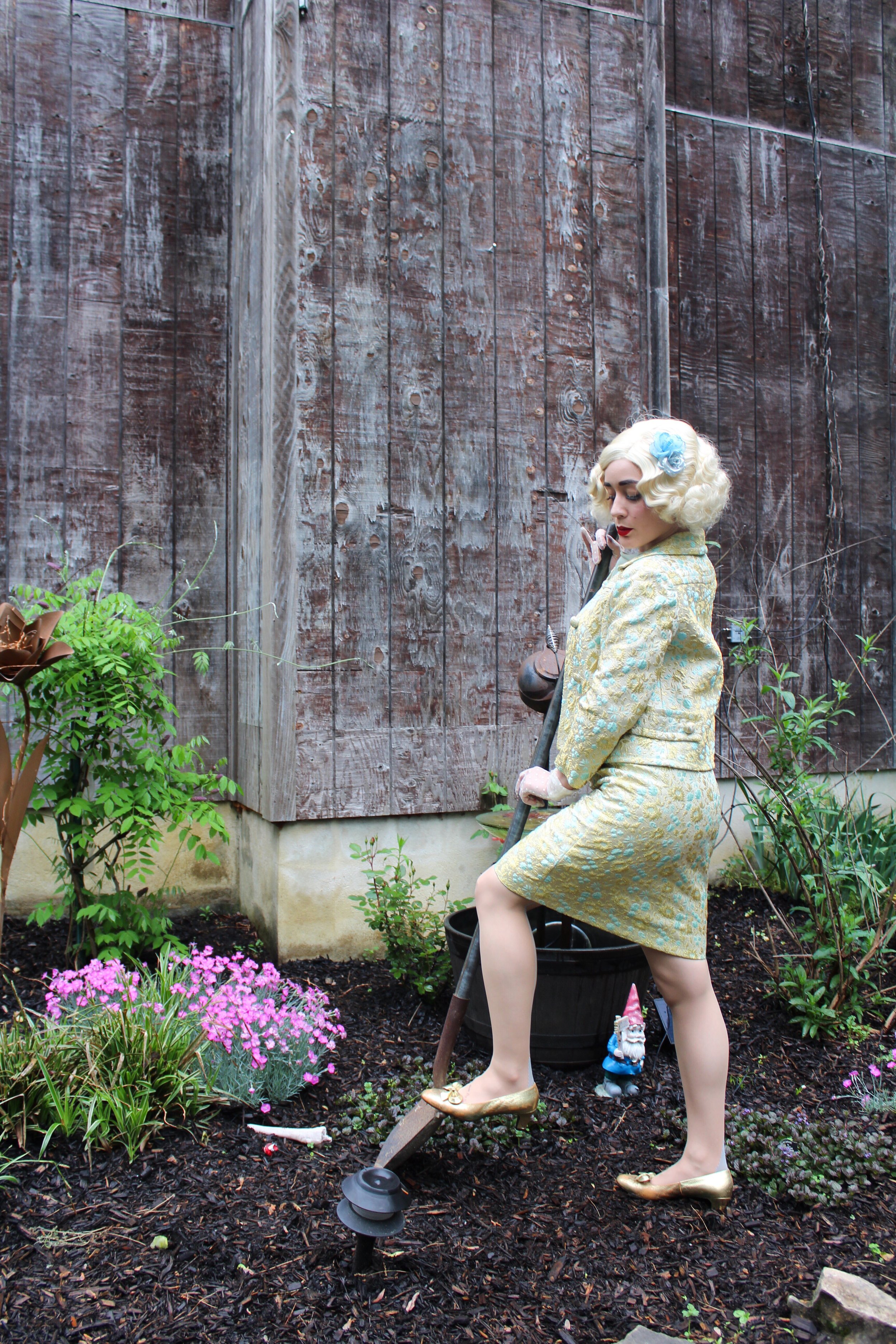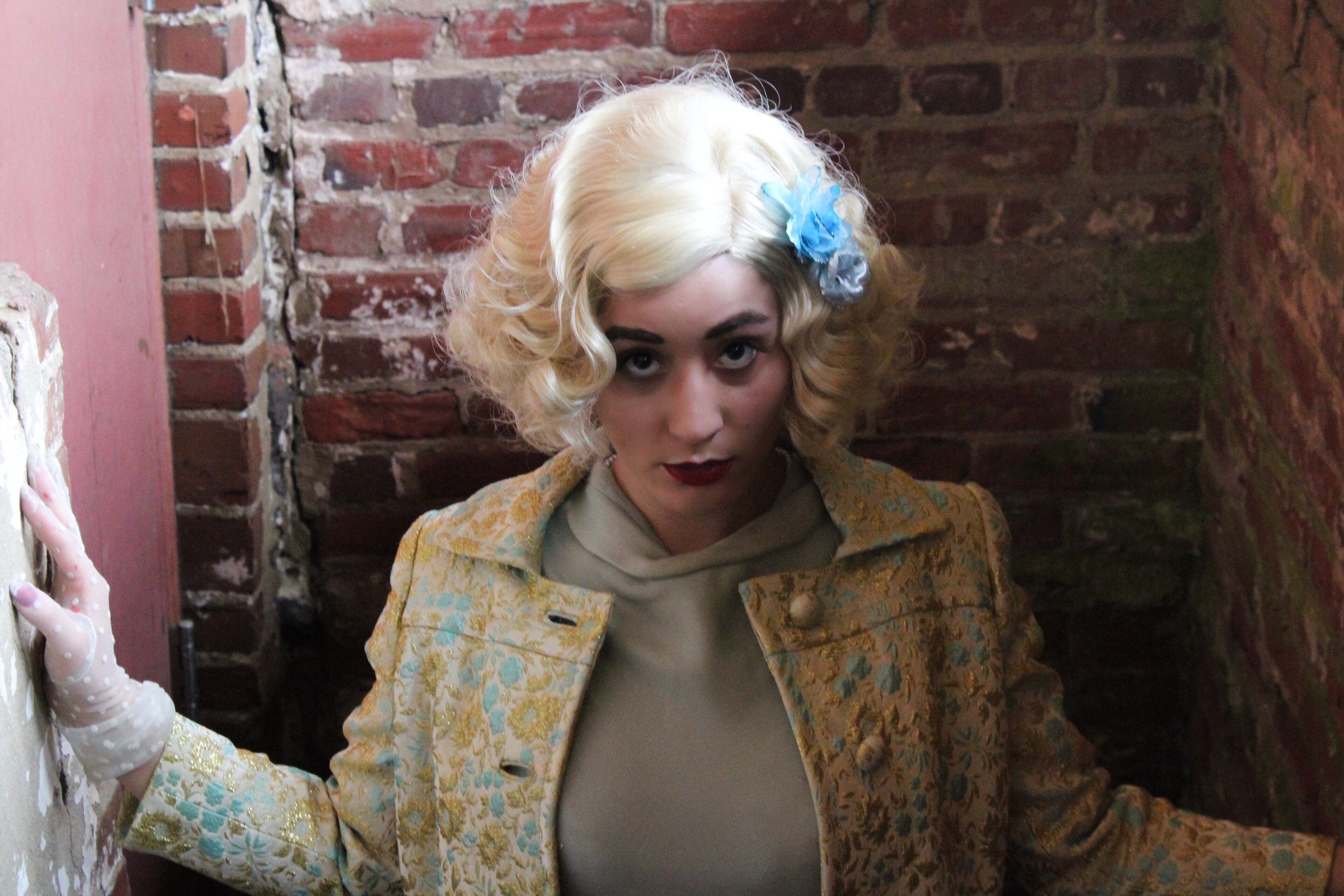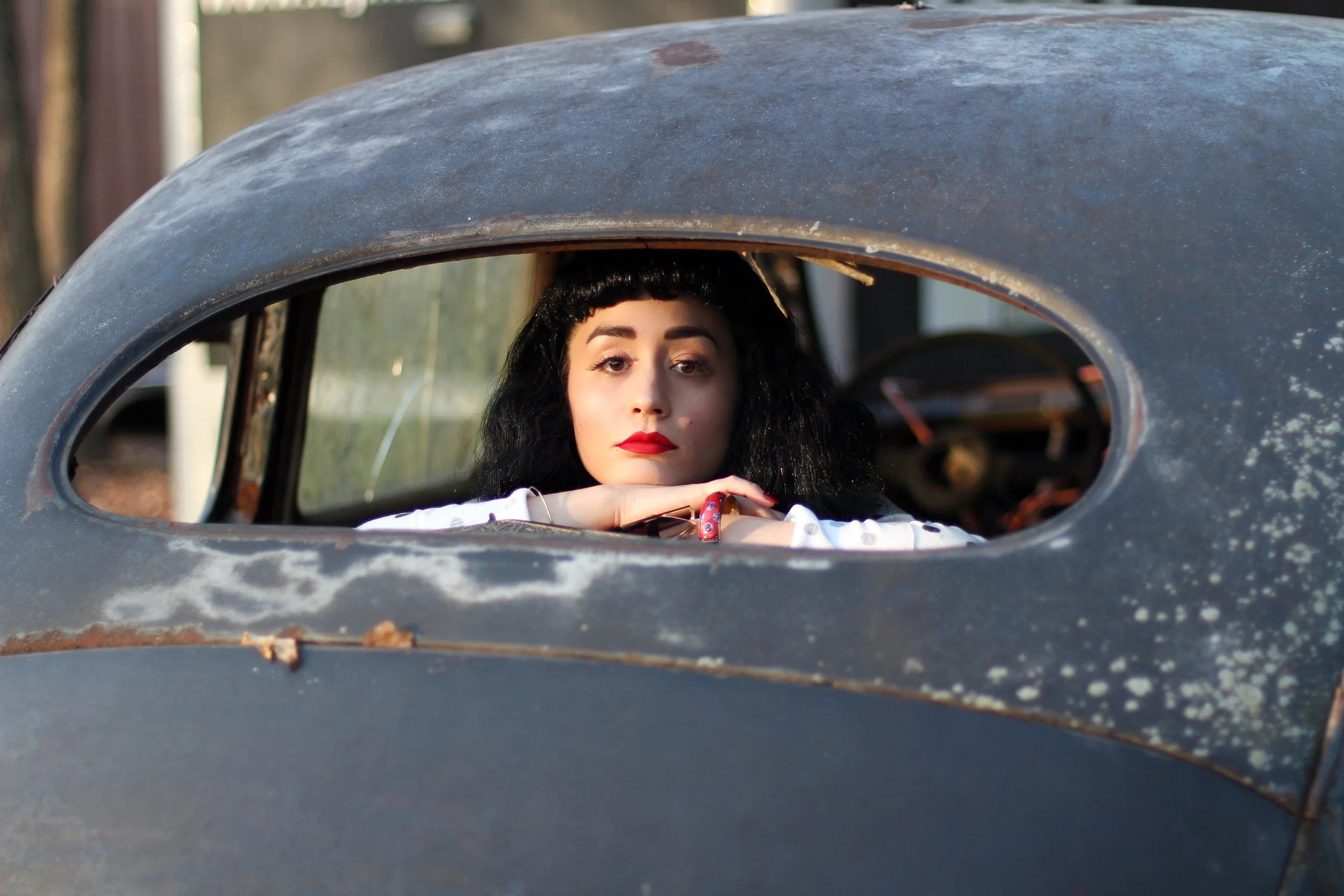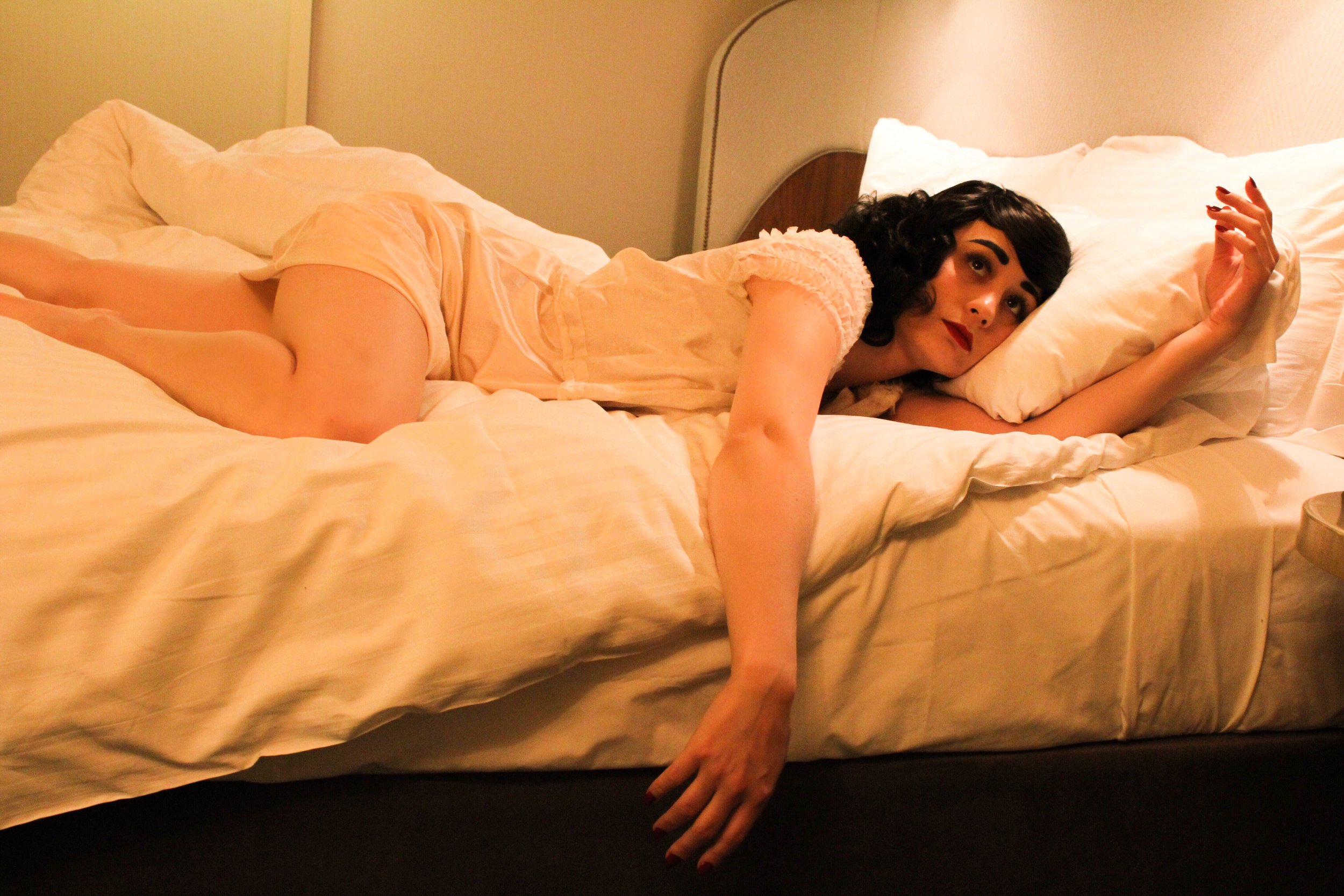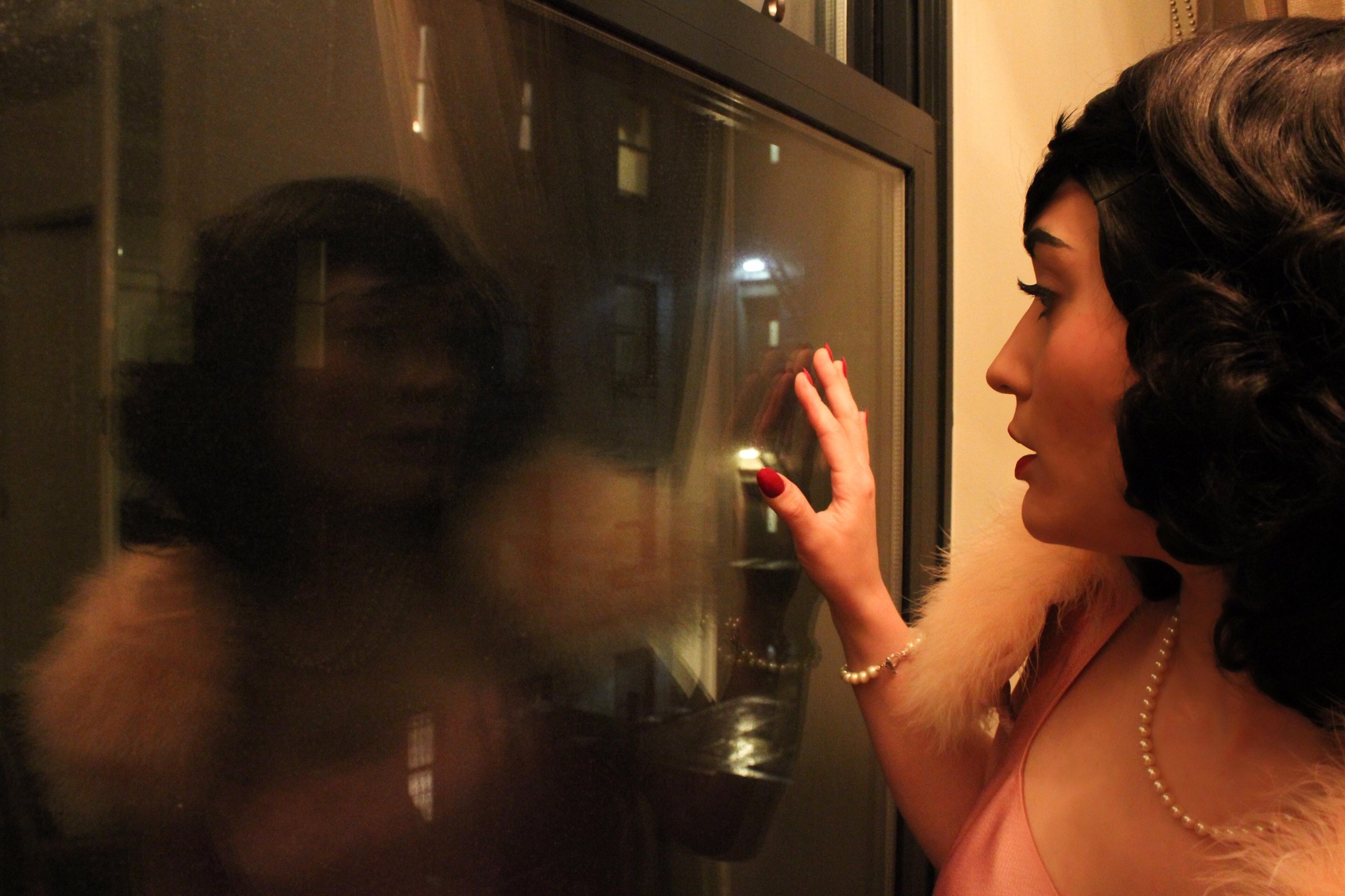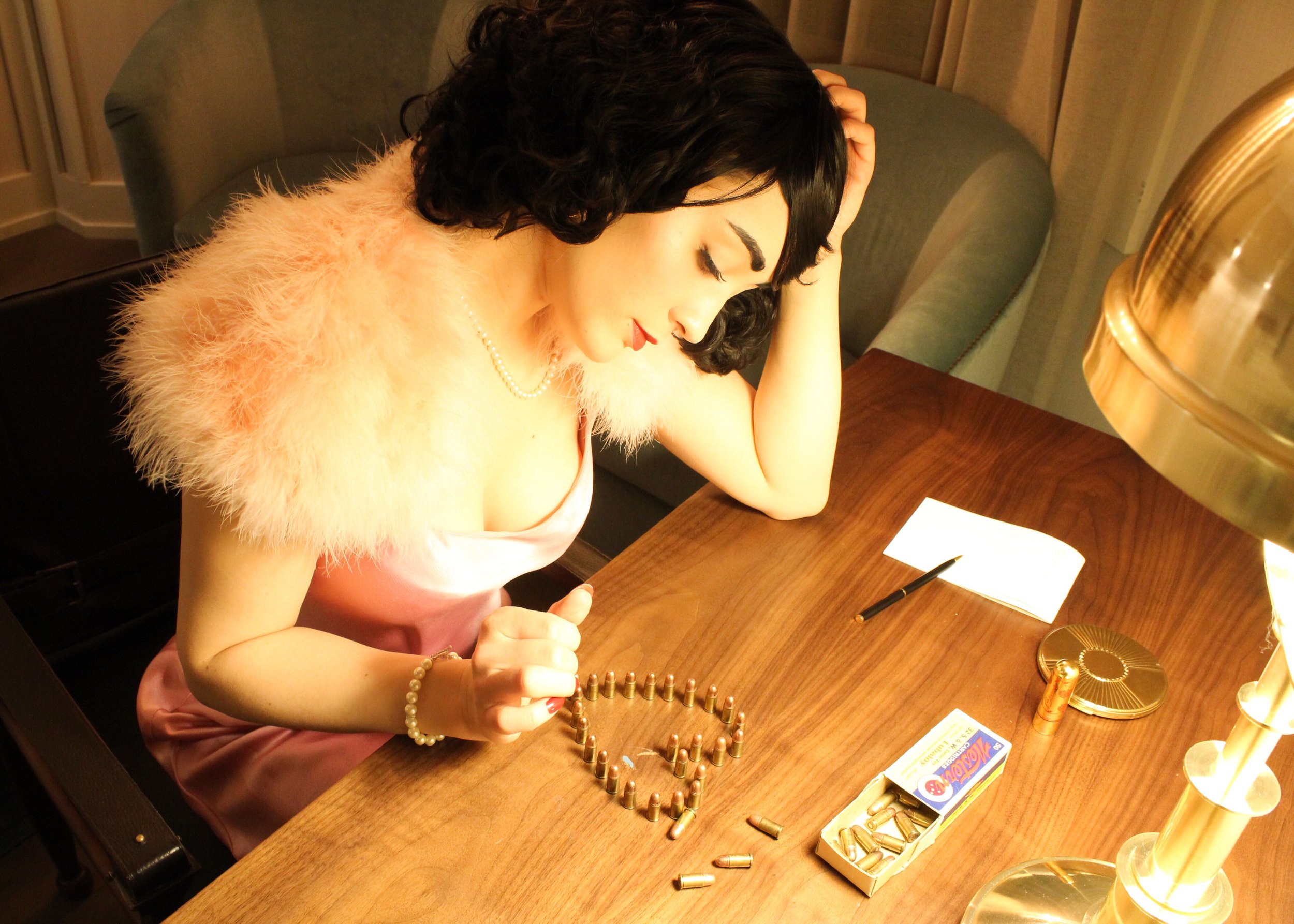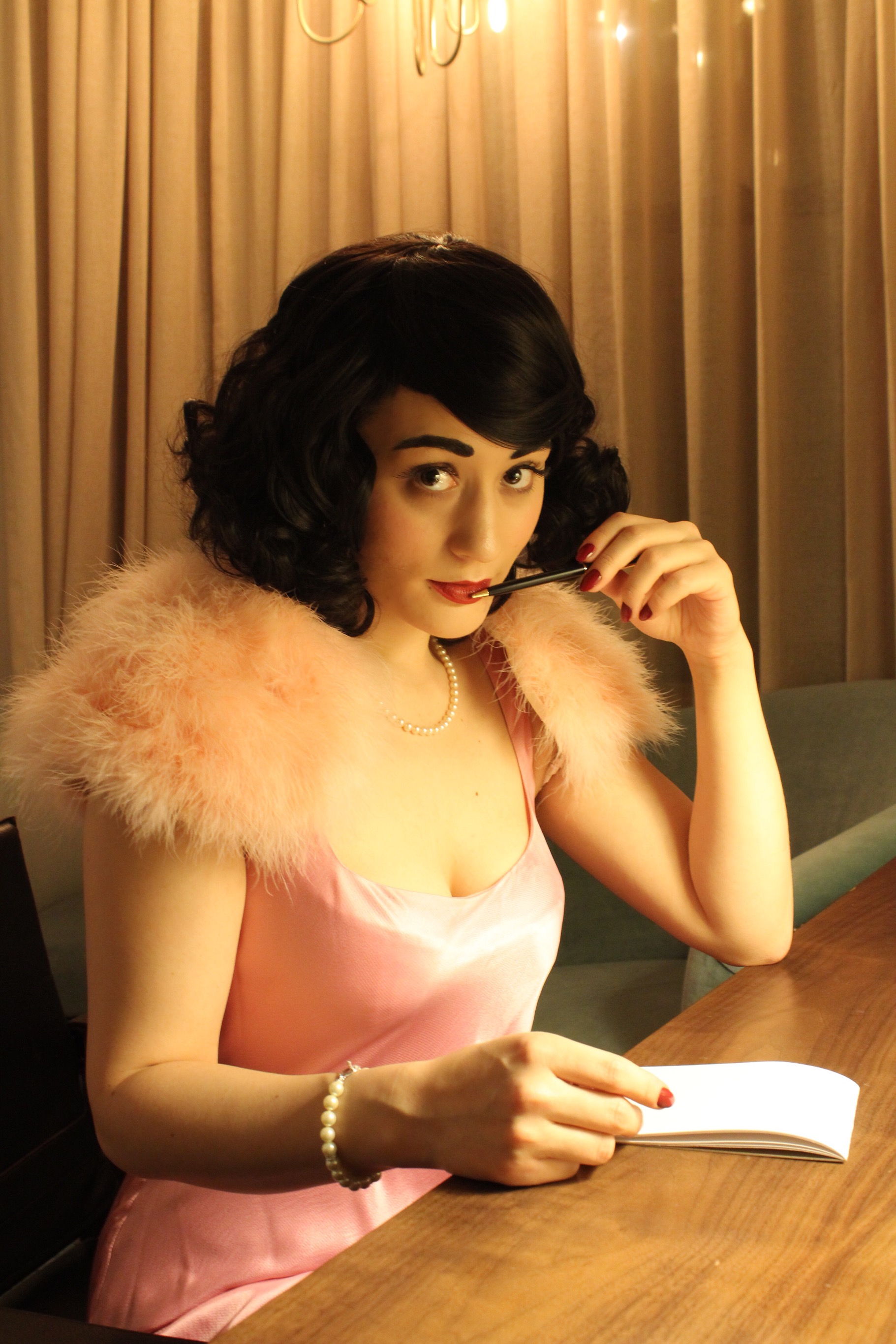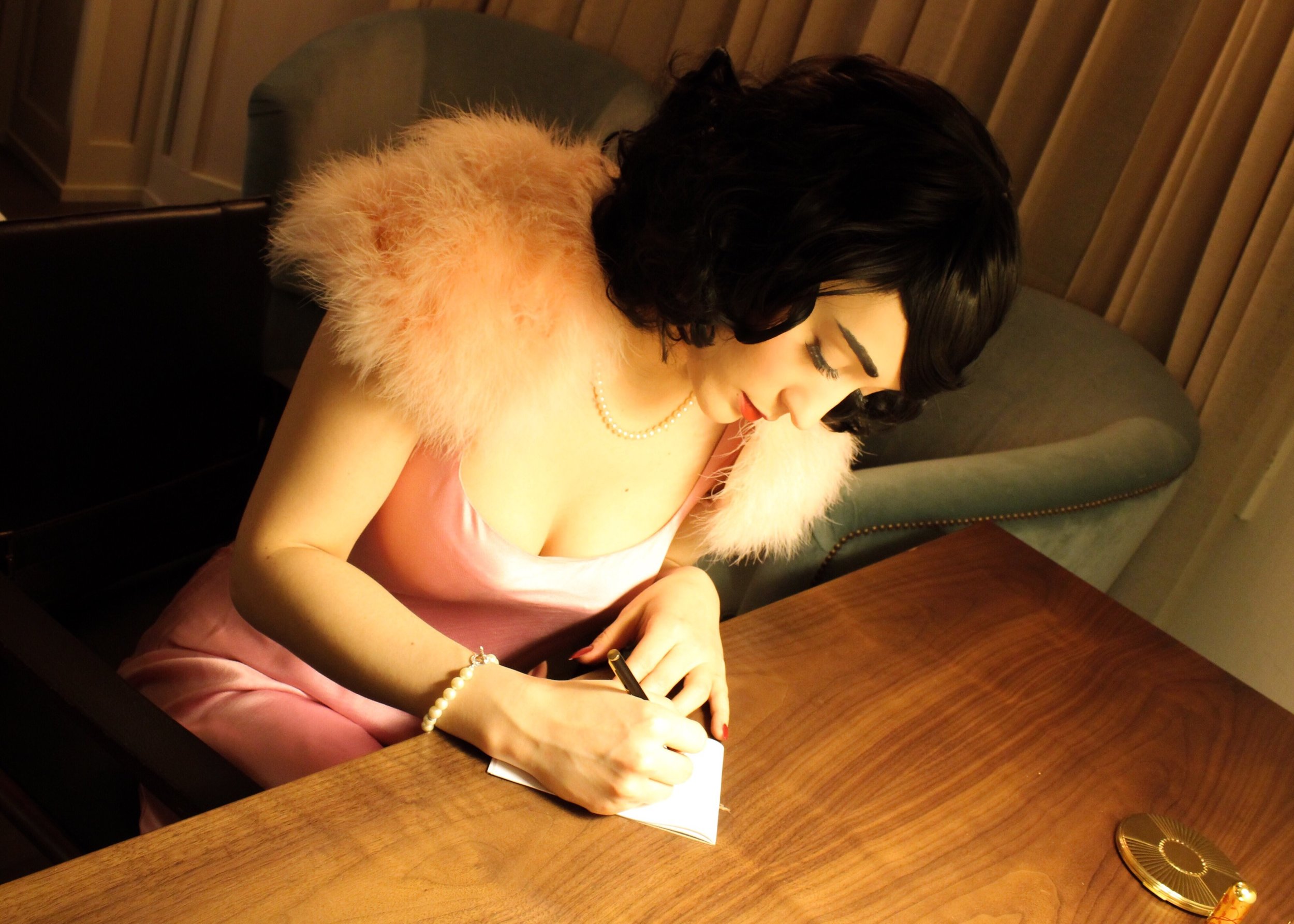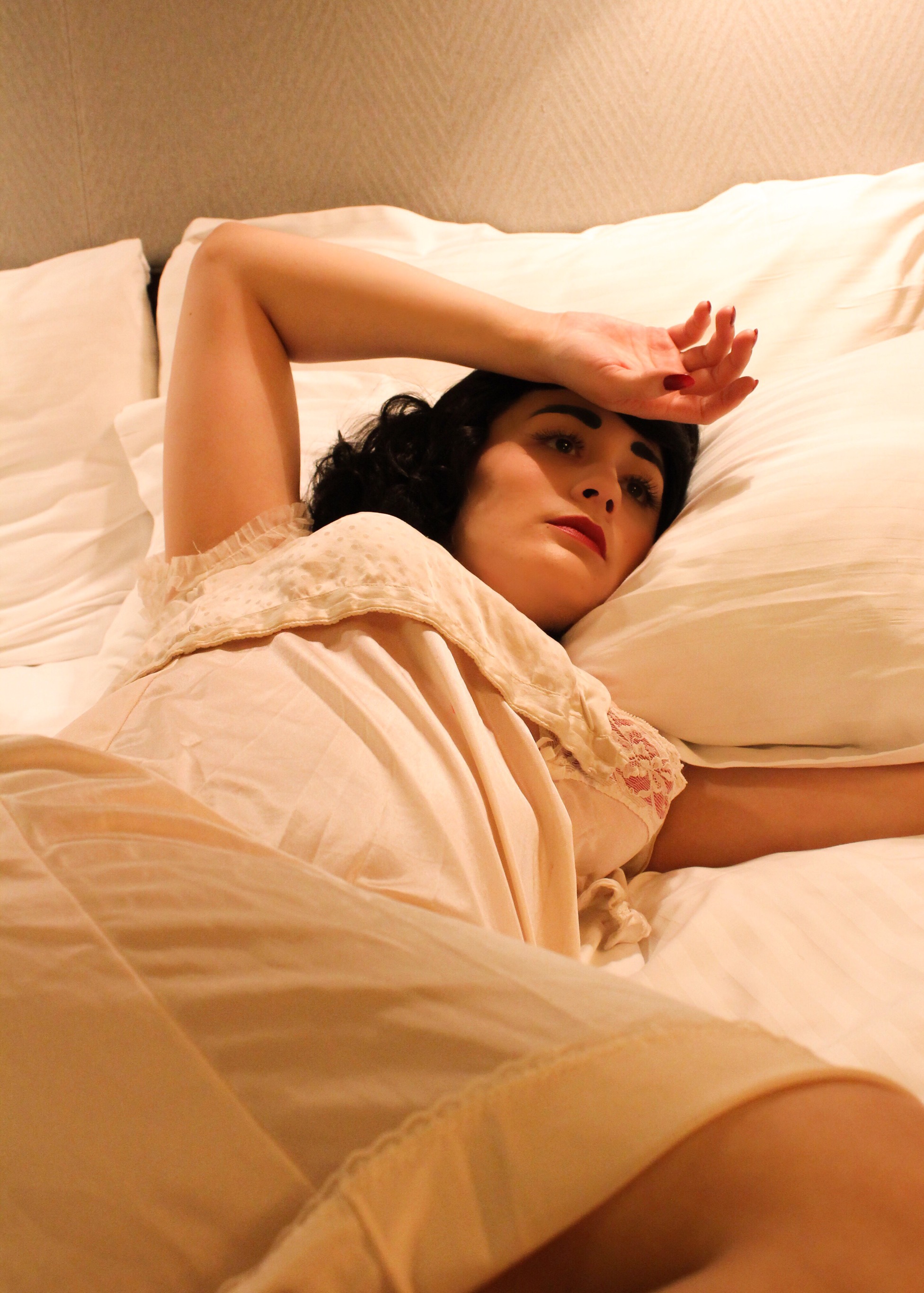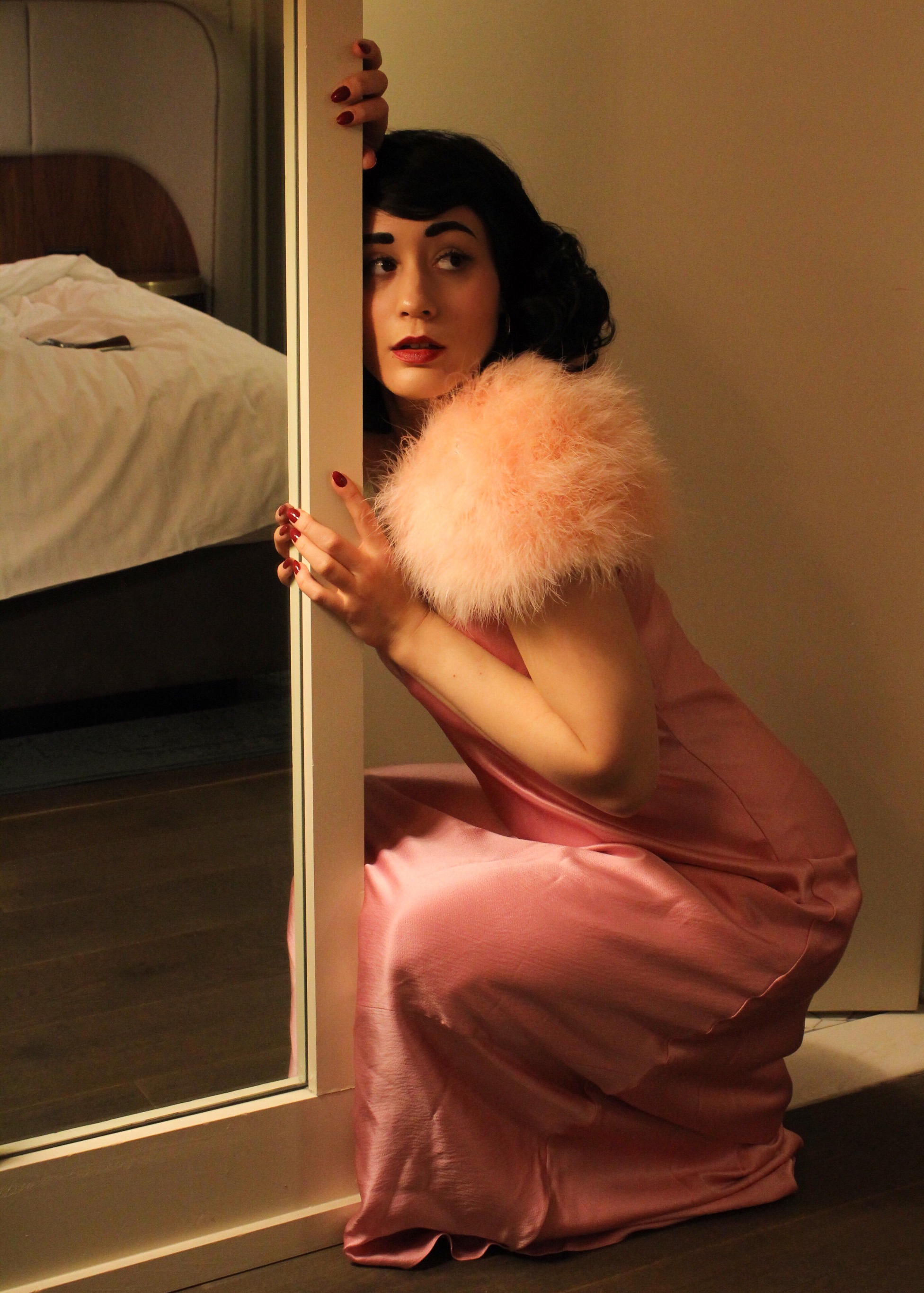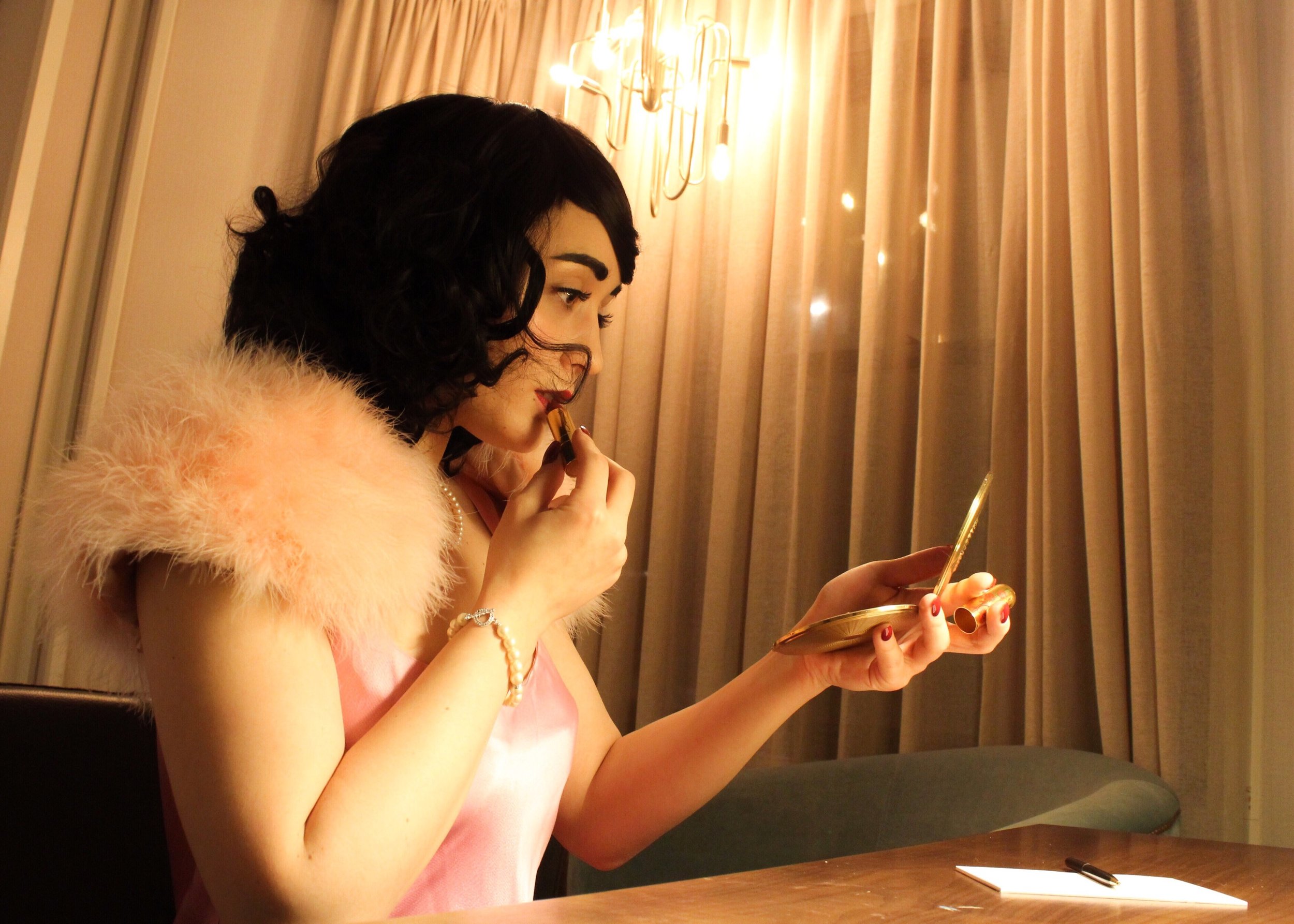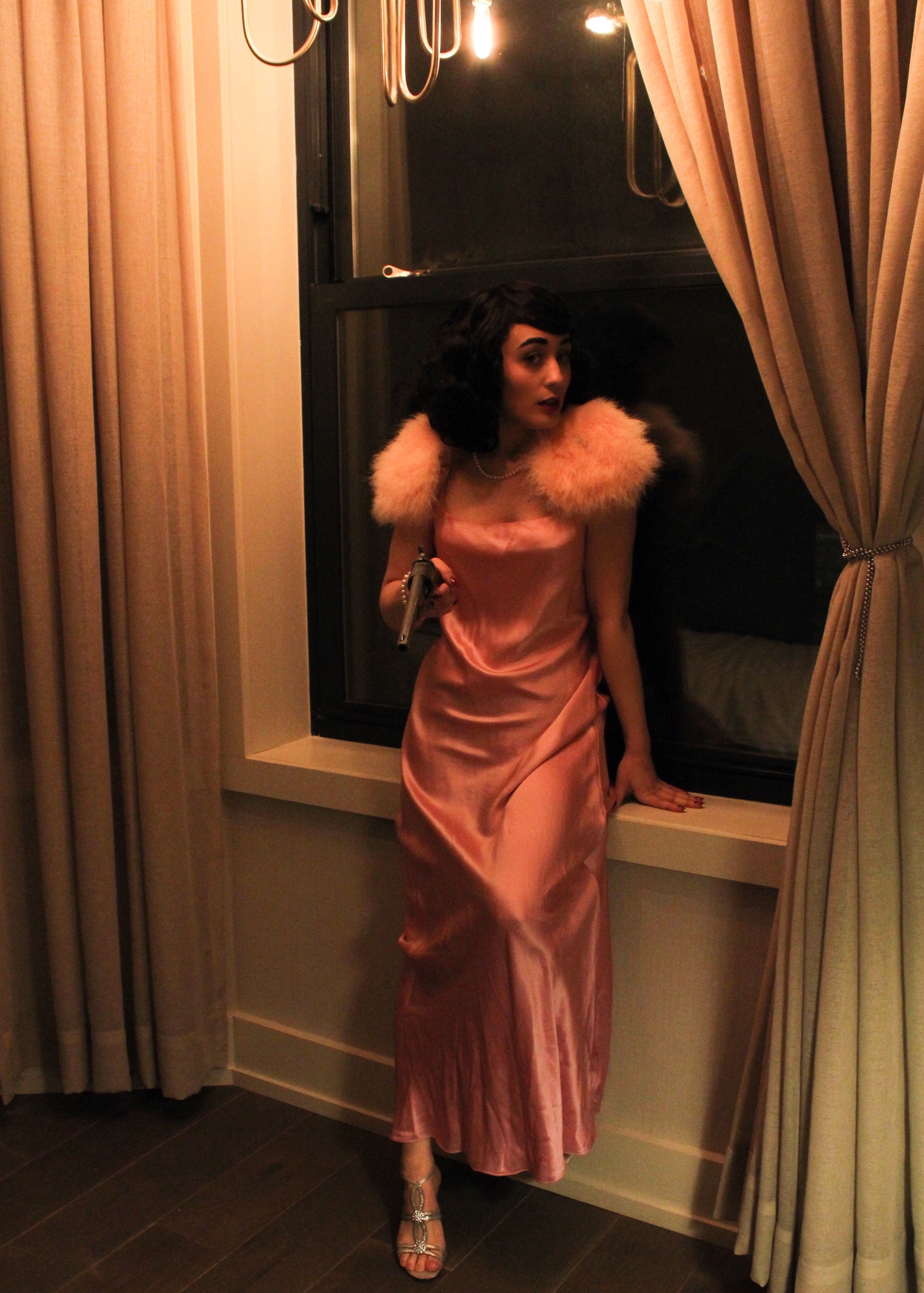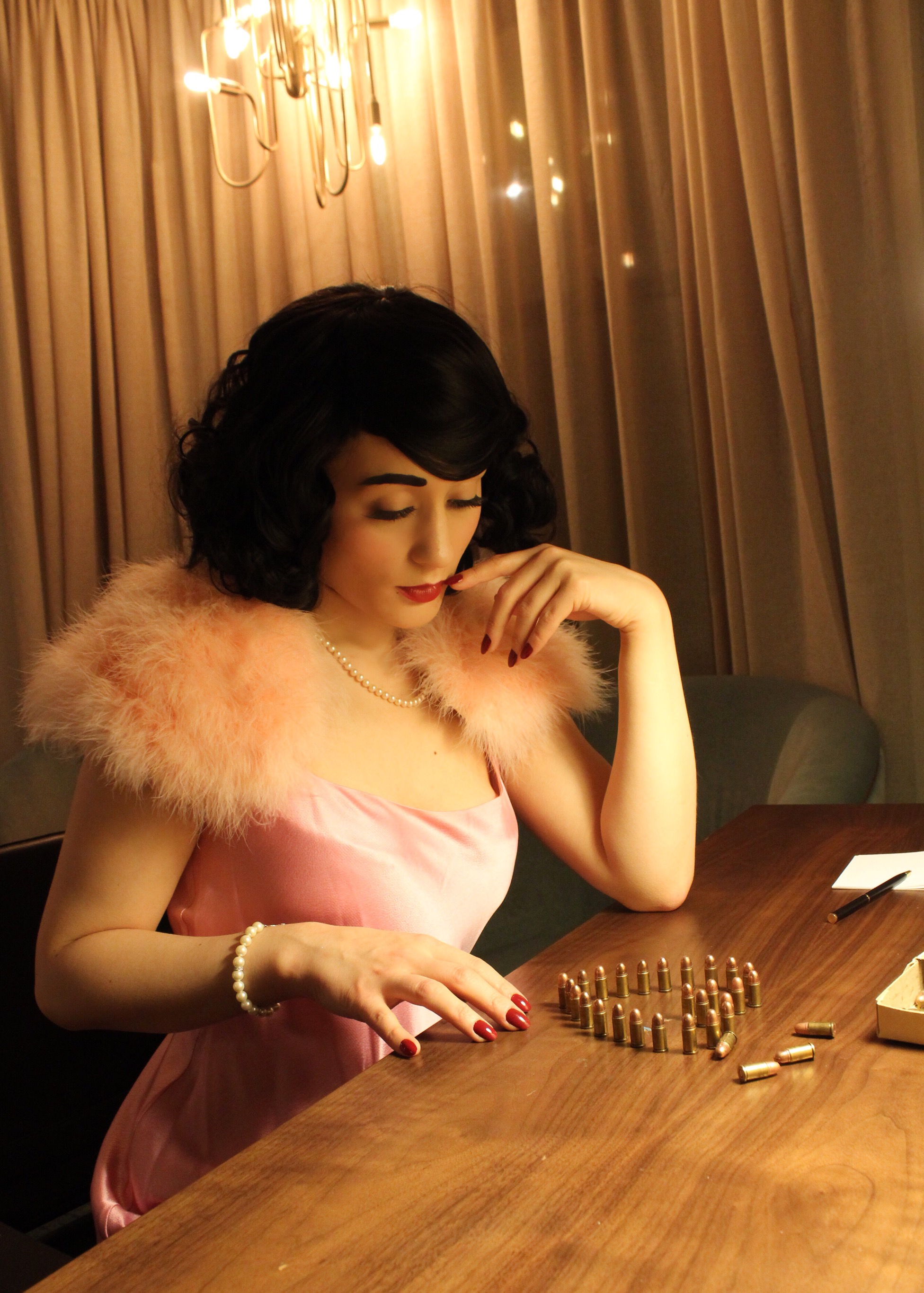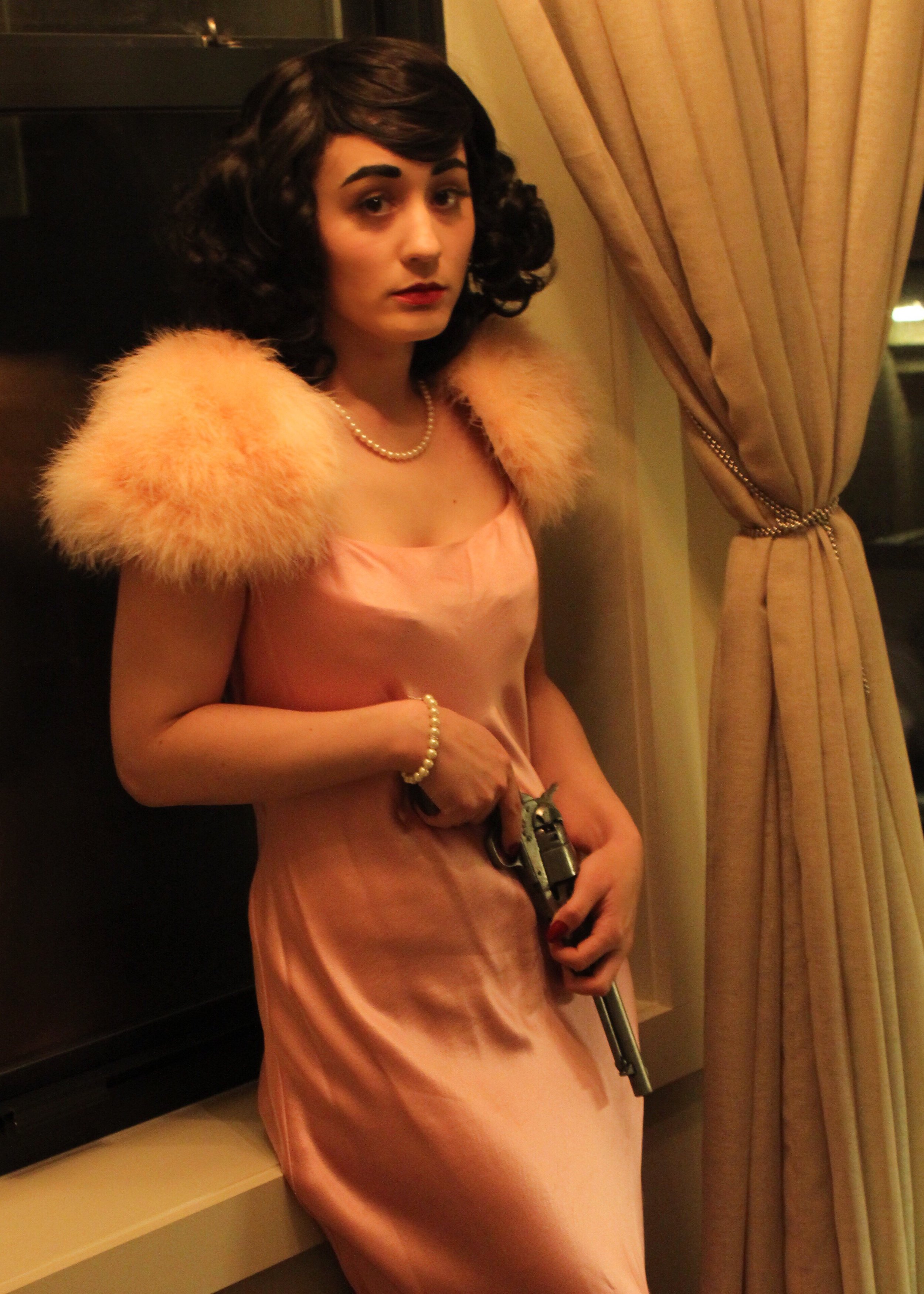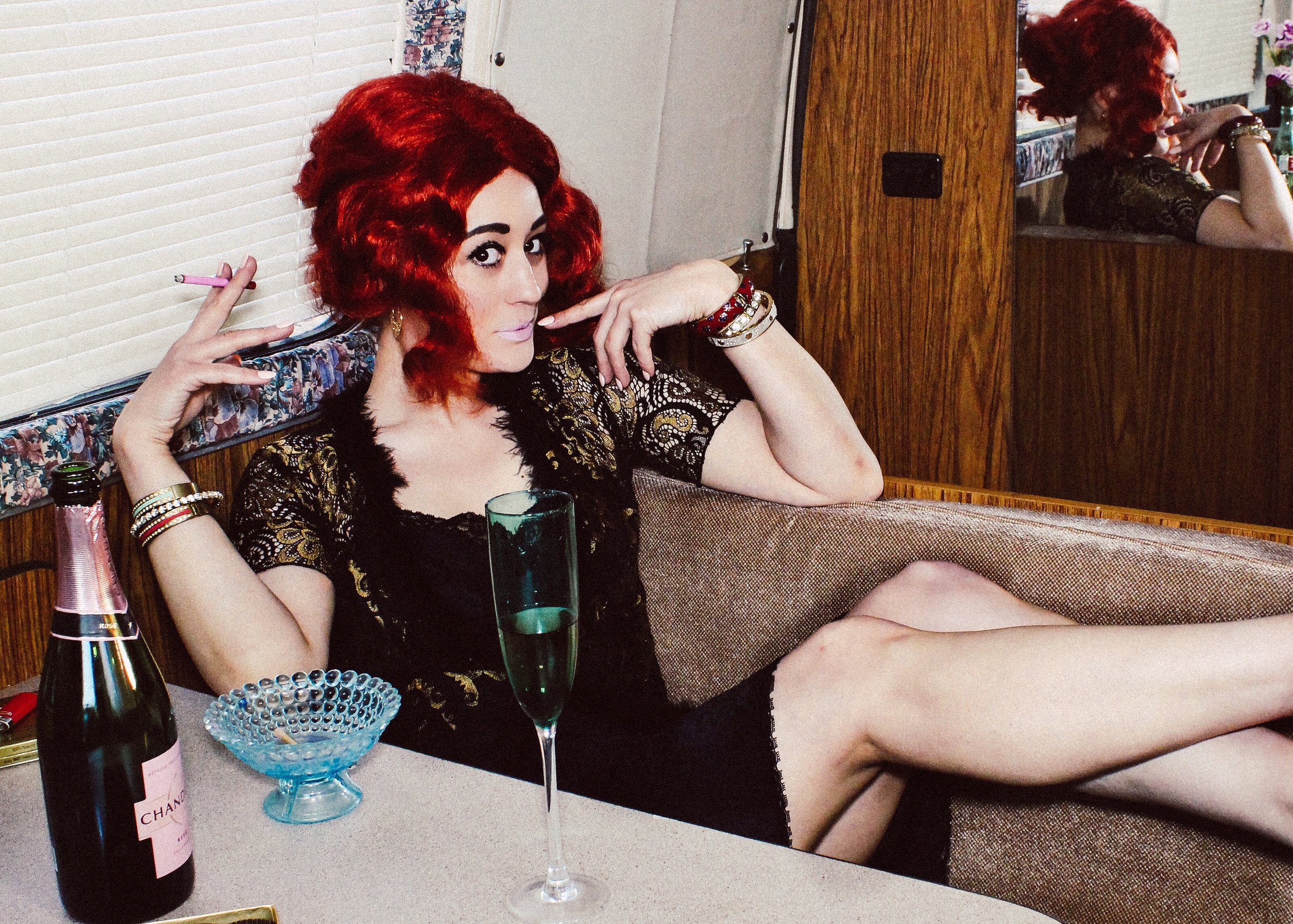And so, after inquiring if she was under arrest (she wasn’t), Dorthera asked if she would be allowed to visit a local inn for a cup of coffee, and this request was not seen as unreasonable, so it was allowed.
In the following days, Dorothea would run, six more bodies would be found in her garden, and a massive search for her would commence. She was found four days later, at a motel in Los Angeles. She surrendered without a fight.
It was after her arrest for the seven bodies found in her garden that Dorothea was linked to two previous murders. The first was the death of her former friend and business partner, Ruth Monroe, which had been presumed a suicide all these years but was now looking a little less so. Ruth came to live with Dorothea after her husband was sent to a hospital with a terminal illness. Within days, she began to have trouble walking, within weeks she was bedridden, pallid, and appearing close to death, sipping on creme de menthe, prescribed by Dorothea to relax her. Dorothea convinced Ruth’s entire family that she was a nurse, and they trusted she would do what was best for Ruth. It wasn’t long before the police were called and Dorothea told them Ruth had overdosed on codeine and acetaminophen, too heartbroken to go on. The second was her pen-pal turned boyfriend, Everson Gillmouth. The well meaning, yet unbelievably naive man wrote to Dorothea so much while she was incarcerated that he’d fallen in love with her. He picked her up when she was released, paid to rent a new boarding house for her, and the two moved in together. His body was discovered in a wooden box on a riverbank by two fisherman. The body remained a John Doe until they were able to link him to Dorothea.
Despite her conviction and the insurmountable evidence against her, Dorothea has always maintained her innocence. It’s not just that she denies the crimes either. When speaking to Martin Kuz from Sactown magazine, Dorothea spun her tales of being a Rockette and entertaining with the Kennedy’s. She remained quiet and stared at the wall when her crimes were called into question. She seems to feel that if she does not address them, they can’t possibly be true. Likewise, if she spins tall tales about her life, there’s no reason to doubt them.
Which makes one wonder: what’s it like to maintain a lie your entire life? Or rather, multiple lies?
See, Dorothea is first and foremost a con-woman. Her interviews with Martin Kuz ended when he decided he would not be supplying her with food and personal items. It’s very possible she was attempting to convince him of her good nature all along in order to get this out of him.
Indeed, detectives remarked that after their initial interview with Dorothea, she had been playing them all along. Still, there are these unifying traits that betray our humanity, no matter how far we stray from them, and I think there’s something interesting in how Dorothea clings to a lost love. She fully admits that she “might as well be dead” to surviving children and relatives, but she cannot let go of her second husband, Axel Johansson. Despite a tumultuous relationship, Dorothea clings to her rose colored glasses of that marriage.
Make no mistake, Dorothea is a vile, manipulative, callous human being. But it’s that last part — the fact that, no matter how much we want to distance ourselves from her, she’s still human. Serial killers often seem like “monsters,” creatures so unlike us and beyond our control, and some of Dorothea’s worst traits — her greed, her willingness to kill to get what she wanted, and her lack of concern for her victims or their families, betray any semblance of humanity, and make it easy to keep that distance, but both her monstrosity and fallibility lies in her pathological need to be liked. She’s a liar, undoubtedly, but she seems to lie not just to others, but to herself as well.
Further Reading:
Martin Kuz for Sactown Magazine: The Life and Deaths of Dorothea Puente










